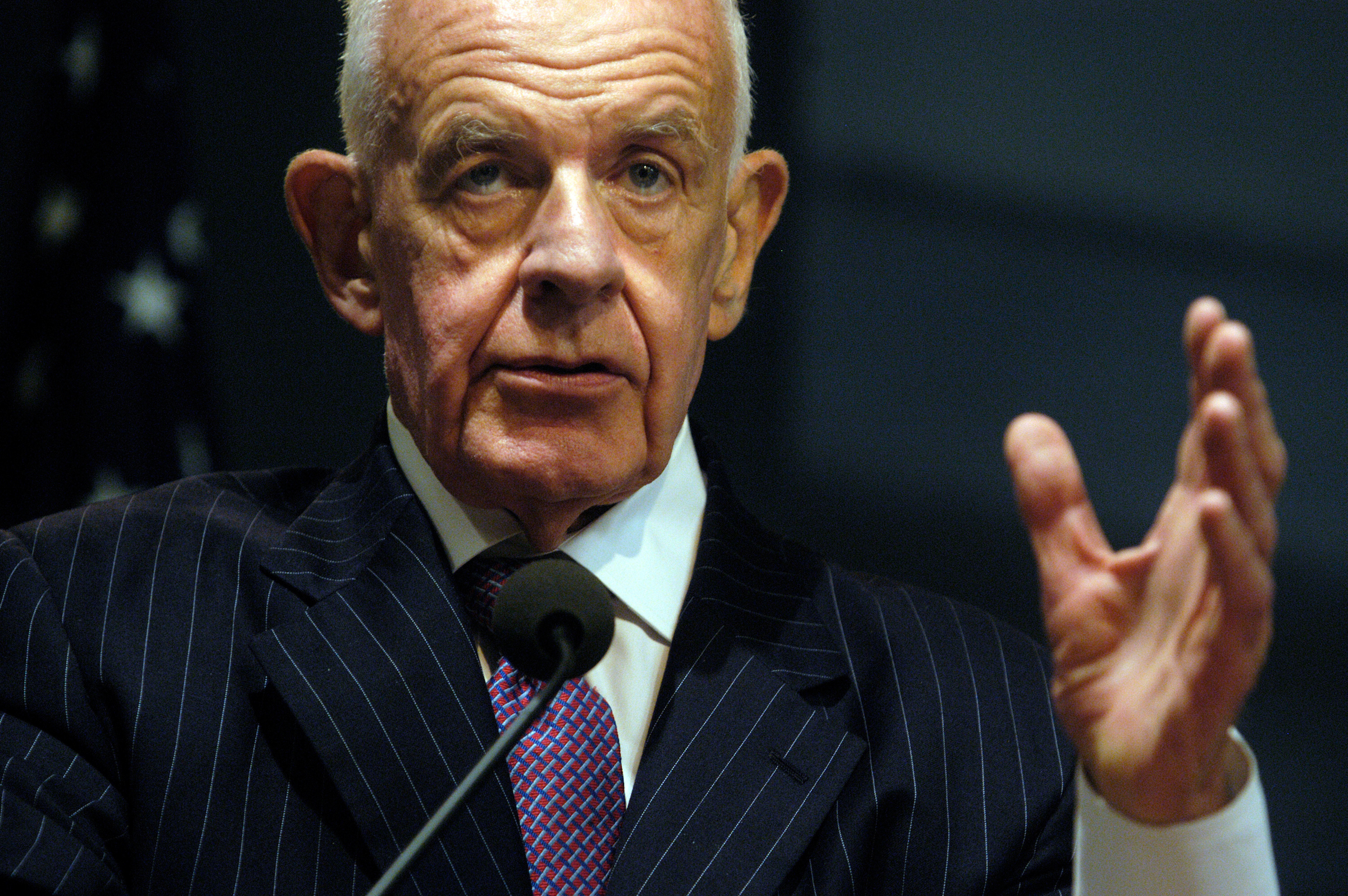Table Of Content

This wing of the GOP is absolutist in its view of federal spending and some have even expressed willingness to entertain a default or shutdown to get what they want. As part of a series of deals with hardliners to win the speaker’s gavel in the first place, McCarthy agreed that just one member would be required to call for a vote to “vacate” him from office at any time. Albert's successor, Democrat Tip O'Neill, was a prominent speaker because of his public opposition to the policies of President Ronald Reagan. Republicans made O'Neill the target of their election campaigns in 1980 and 1982 but Democrats managed to retain their majorities in both years. 18John McCormack was elected Speaker on the first day of the second session of the 87th Congress (1961–1963) on January 10, 1962, to fill the vacancy caused by the death of Speaker Rayburn. 17The first session of the 87th Congress (1961–1963) adjourned on September 27, 1961.
Resources for National History Day
Paul Ryan ran for the office, but was defeated (prior to election as Speaker). Jordan has made a name for himself as a staunch ally of Donald Trump and was endorsed by the former president in his bid for the speakership. The Ohio Republican serves as chair of the powerful House Judiciary Committee. Former President Donald Trump on Tuesday morning posted a message of support for Ohio Rep. Jim Jordan ahead of the expected floor vote to decide who will become the next speaker of the House later today.
The House last struggled to elect a speaker 100 years ago. Here's what happened
Gingrich had been a backbench rabble-rouser since coming to the House in 1978 and built up a cadre of supporters until he won the party's No. 2 power position as minority whip in 1989. He soon eclipsed the party's leader, Robert Michel, who was nearing retirement. Just such a "motion to vacate the chair" was filed against Johnson in March by Rep. Marjorie Taylor Greene, R-Ga. But Greene has yet to make the motion "privileged," which under the rules would necessitate a vote within two days. When Cannon's high-handed practices had become intolerable, a coalition of Democratic members and Republican progressives put together the bipartisan majority needed to "vacate the chair." Cannon remained Speaker but lost most of his powers. A bipartisan committee, usually consisting of members from the home state of the chosen candidate, will then escort the speaker-elect to the chair on the dais where the oath of office is administered.

Jim Jordan fails to win House speakership on first ballot
That dynamic has thrust him into the arms of Democrats as he searches for votes to pass the package. Johnson said after the vote that while it wasn’t “perfect legislation,” it was the “best possible product” Republicans can get given their thin majority in one chamber of Congress. Speaker's House is the official residence of the Speaker of the House of Commons, the lower house and primary chamber of the Parliament of the United Kingdom.[3] It is located in the Palace of Westminster in London. It was originally located next to St Stephen's Chapel and was rebuilt and enlarged by James Wyatt in the early 19th century. After the burning of Parliament in 1834 it was rebuilt by Charles Barry as part of the new Palace of Westminster in the Perpendicular Gothic Revival style.
4 takeaways from the historic ousting of House Speaker Kevin McCarthy - NPR
4 takeaways from the historic ousting of House Speaker Kevin McCarthy.
Posted: Wed, 04 Oct 2023 07:00:00 GMT [source]
How this Congress keeps setting records with its speaker votes

Johnson is the sixth Republican elevated to the speakership since 1994, the year the party won its first House majority and elected a speaker of its own for the first time in 40 years. The hard truth is that the five who preceded Johnson (McCarthy, Paul Ryan, John Boehner, Dennis Hastert and Newt Gingrich) all saw their time in the office end in relative degrees of defeat or frustration. And to find a Republican speaker who left voluntarily in a moment of victory, moving on to another office, you have to go back to the mid-1920s.
It is located at the northeast corner of the palace and is used for official functions and meetings. Each day, prior to the sitting of the House of Commons, the Speaker and other officials walk in procession from the apartments to the House of Commons Chamber. Those eight years actually made Hastert the longest-serving Republican speaker in history.
The Day in Photos
An election for speaker took place on March 4, 1867, at the start of the 40th Congress, following the 1866–67 elections in which Republicans won a majority of the seats. Schuyler Colfax received a majority of the votes cast and was re-elected speaker. An election for speaker took place on December 4, 1865, at the start of the 39th Congress, following the 1864–65 elections in which Republicans won a majority of the seats. An election for speaker took place on December 7, 1857, at the start of the 35th Congress, following the 1856–57 elections in which Democrats won a majority of the seats.
Thomas Foley, D-Wash., at a meeting with congressional leaders at the White House, in 1991. House Speaker Thomas P. O'Neill Jr., D-Mass., meets with reporters at a news conference on Capitol Hill on April 8, 1981. McCormack's successor returned the big gavel to the Southwest, hailing from a town near Rayburn's home district. Albert was another inside player like his predecessors, and was rarely in the public eye during the dramatic events of the period. These included the Watergate upheaval from 1972 through 1974, which saw the House Judiciary Committee draw up articles of impeachment against President Richard Nixon.
List of Speakers by time in office
The name-calling was largely shelved, as was the heckling, in Question Period. Still, Jeffries said that a majority of Democrats would vote Saturday for the packages of aid for Ukraine, Israel and allies in Asia. Greene has filed a “motion to vacate” the speaker from office, and it drew another supporter Friday as Rep. Paul Gosar, an Arizona Republican, co-sponsored the motion. Rep. Thomas Massie of Kentucky, another co-sponsor, suggested that before the House breaks next week others could follow, building pressure on Johnson to step down. However, by tradition, he largely stopped taking part in debate and made only a few votes from the floor.
Defeated in the 1912 election, he returned two years later and served several additional terms as a rank and file member. On his last day in office he was featured on the cover of the first issue of the new Time Magazine (March 3, 1923). Although the voting continued for days, no clear alternative emerged with any chance of getting a majority. In the end, he was able to win over the Cooper voters with the help of his No. 2 leader, Nicholas Longworth of Ohio. Widely viewed as Gillett's heir apparent, Longworth was able to convince enough of the progressives that there would in fact be procedural reforms. Both times, the party's nominee for speaker was someone who had been in the job or in line for the job for several years.
He vigorously used his powers to ensure that Republican proposals were passed by the House. Additionally, since many speakers held office for multiple terms, often with non-consecutive periods, the time listed for each speaker represents the total length of their time as speaker. It is important to note that the period between the adjournment of one Congress and the convening of the next Congress is not included in the calculations. For instance, Nathaniel Macon served as speaker during both the 8th and 9th Congresses, but the eight-month gap between the two Congresses is not included in his service duration. The exact dates of service for each individual speaker is shown in the Term of service column of the above table. A self-proclaimed deficit hawk, Ryan was a major proponent of Social Security privatization in the mid-2000s.
This list is based on the difference between dates; if counted by number of calendar days all the figures would be one greater. Time after adjournment of one Congress but before the convening of the next Congress is not counted. For example, Nathaniel Macon was Speaker in both the 8thth and 9th Congresses, but the eight-month gap between the two Congresses is not counted toward his service.
This article is republished from The Conversation under a Creative Commons license. Third, the speaker oversees everything from accounting to procurement for the House. House Speaker-to-be Dennis Hastert holds a news conference on Jan. 4, 1999, in Washington. The Library of Congress would like to hear from any copyright owners who are not properly identified on this website so that we may make the necessary corrections.

No comments:
Post a Comment